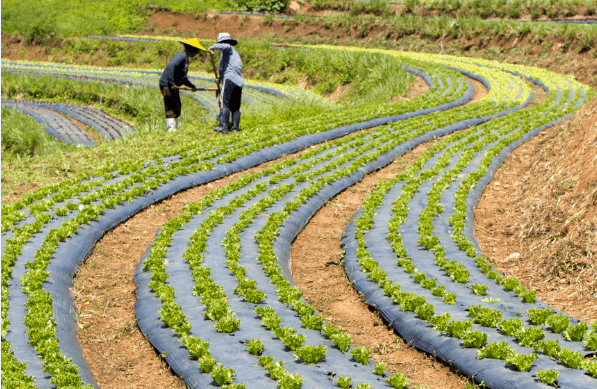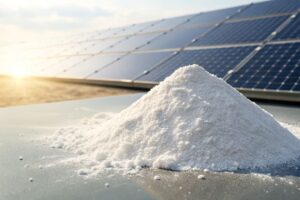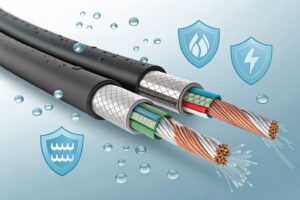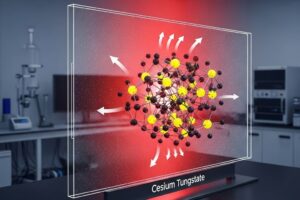Agricultural mulch is a widely used agricultural tillage material that effectively protects the soil, increases soil temperature and improves crop yields. However, traditional agricultural mulch materials, such as polyethylene (PE) and polypropylene (PP), are not biodegradable and cause environmental pollution and waste of resources when used, so there has been a trend to use biodegradable materials for agricultural mulch.

At present, biodegradable materials are already being used for agricultural mulch in some countries, such as Europe, Japan and Korea. These materials are mainly starch-based and can be classified into two types: pure starch materials and starch blended materials. Compared to traditional plastic materials, biodegradable materials have the advantages of being biodegradable, non-toxic and environmentally friendly, which can reduce the impact on land and the environment.
However, biodegradable materials also have some problems in application, such as low mechanical strength, poor thermal stability and high cost. In order to solve these problems, researchers have proposed a new method of incorporating anti-hydrolysis agents into degradable materials. Carbodiimide (CDI) is a commonly used anti-hydrolysis agent that can react with hydroxyl and carboxyl groups in materials to form condensates, thereby improving the hydrolysis resistance of the material.
Carbodiimide is a commonly used chemical cross-linking agent and anti-hydrolysis agent. By adding a certain amount of carbodiimide to the manufacturing process of biodegradable agricultural films, the hydrolysis resistance and mechanical strength of the material can be increased. Specifically, the mechanism of application of carbodiimide in biodegradable mulch films is twofold:
On the one hand, it inhibits the activity of hydrolytic enzymes: biodegradable mulch is degraded by microorganisms in the soil, but some soil hydrolytic enzymes can accelerate its degradation rate, thus affecting its service life. Carbodiimide can inhibit the activity of these hydrolytic enzymes, thus extending the service life of biodegradable mulch.
On the other hand, it slows down the rate of degradation: carbodiimide reacts with groups such as carboxyl groups in biodegradable mulch to form a cross-linked network structure, which slows down its degradation and improves its resistance to hydrolysis.
We are a company specializing in the development and production of carbodiimide anti-hydrolysis agents, with our own R&D team and plant, and more than ten years’ experience in the development and application of this field. Our anti-hydrolysis agents are made from high quality raw materials, using an advanced production process that provides excellent performance and consistent quality. Our anti-hydrolysis agents can be applied to agricultural mulch, biodegradable mulch and other fields, effectively extending their service life, improving durability and reducing environmental pollution. We also provide professional technical support and after-sales service to ensure that your experience and results are maximised. We are happy to help you with your enquiry or to try our samples.






